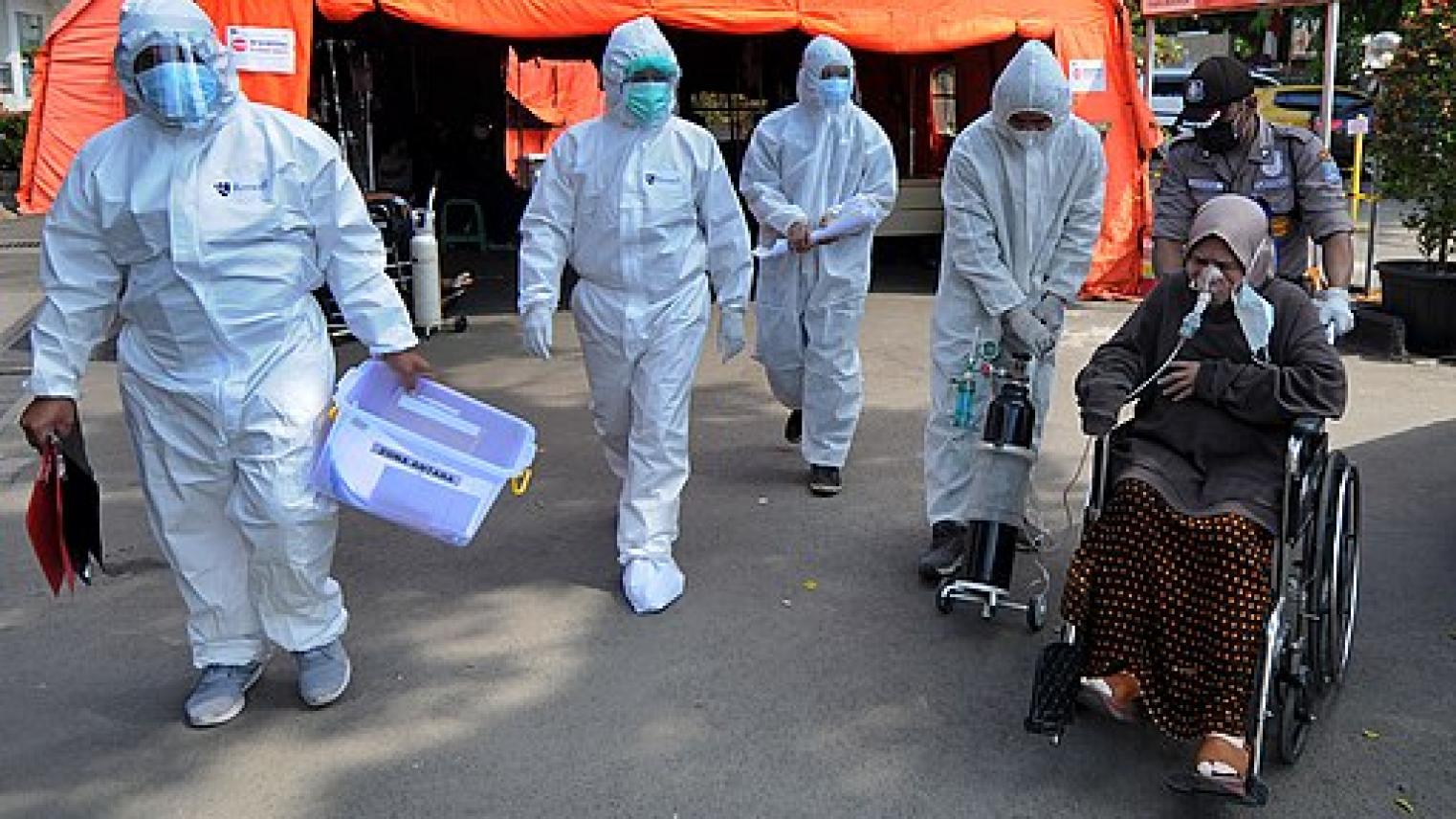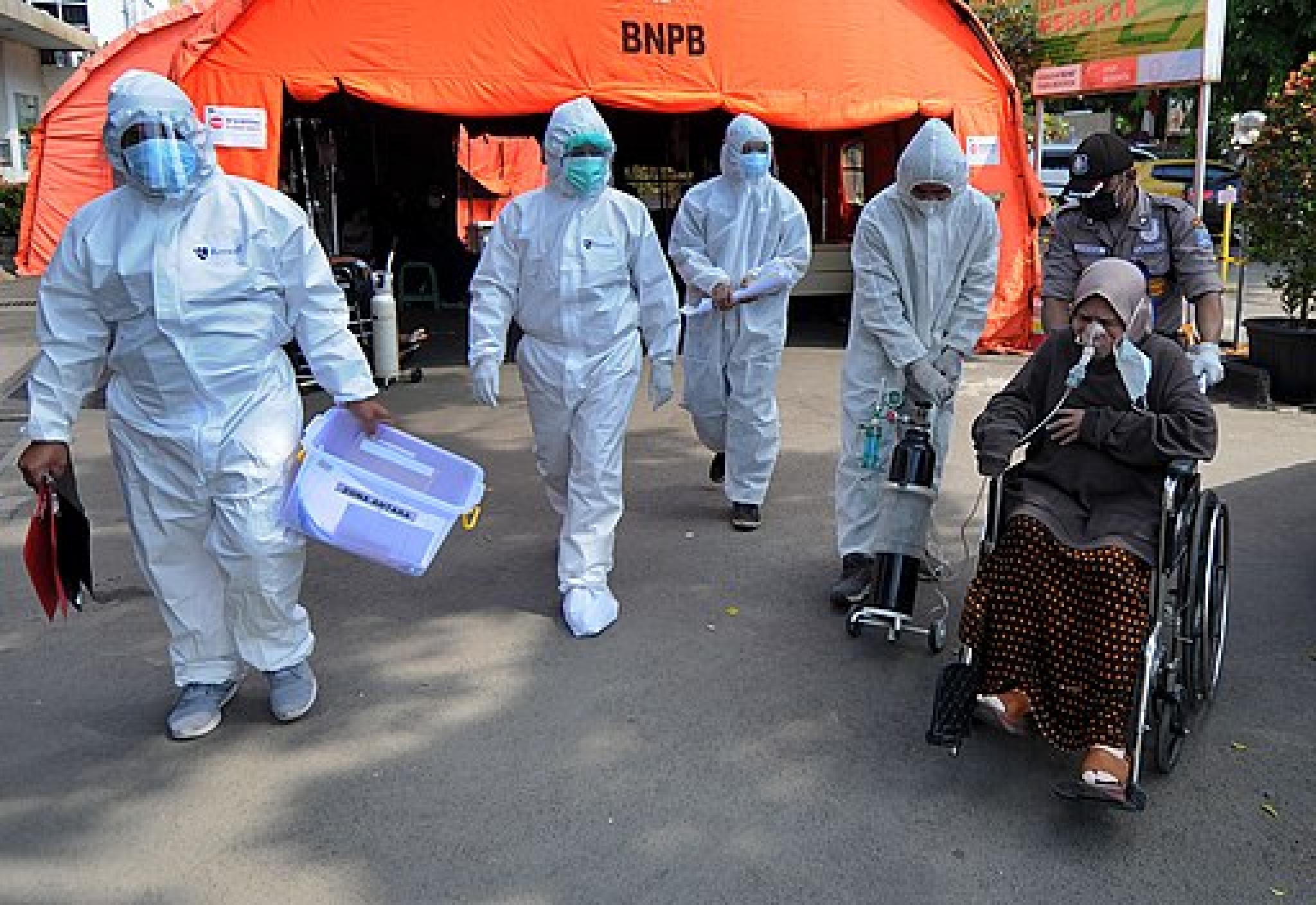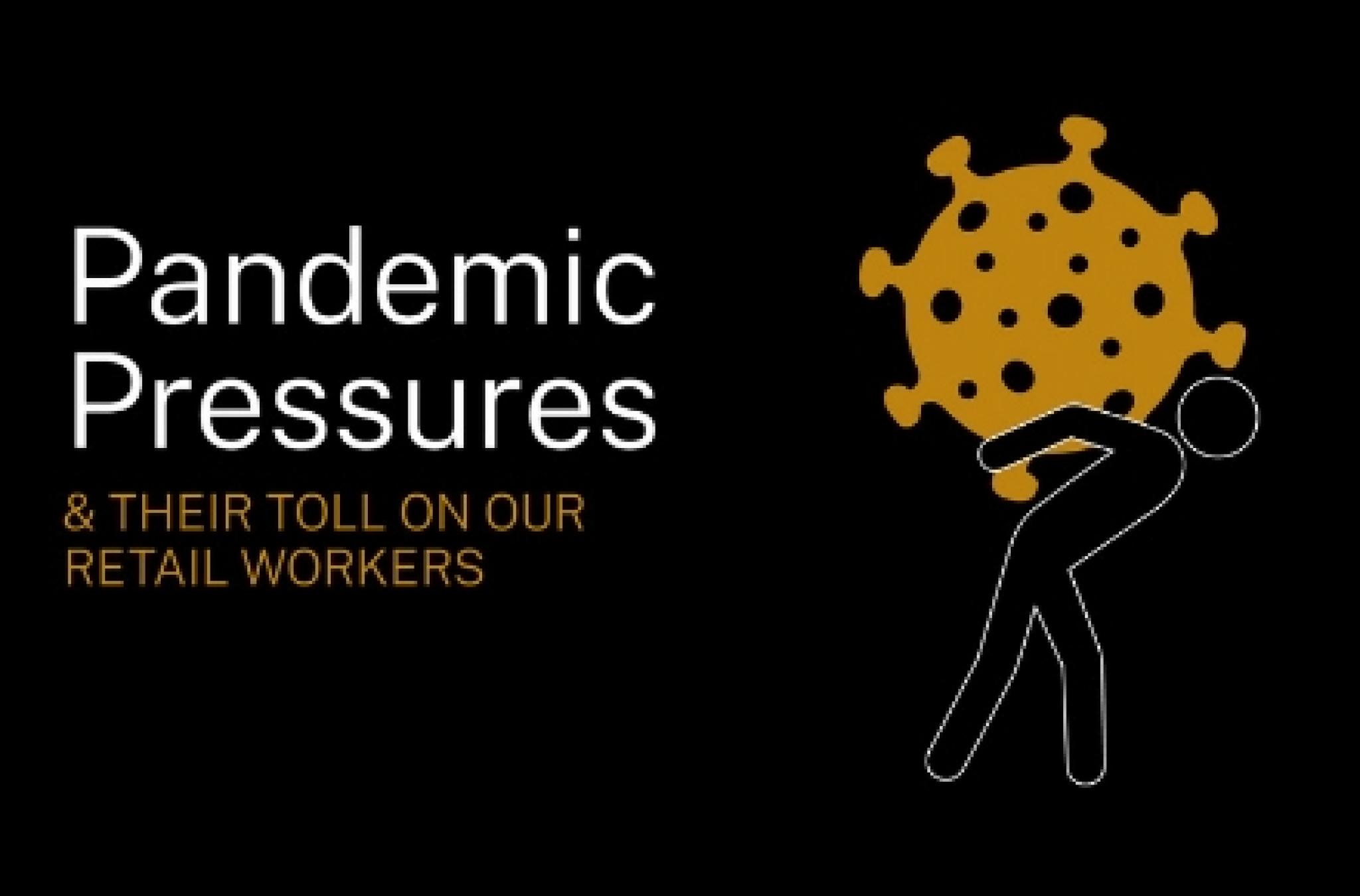Strengthening primary health care in Indonesia: Lessons from the COVID-19 pandemic

The COVID-19 pandemic exposed the fragility of Indonesia's health systems, including delivery of essential health services in the primary care setting. The pandemic also revealed existing health and social inequities in Indonesia, with highly uneven effects and experiences across locations and services. Like in many other middle-income countries with fragile health and primary care services, in Indonesia the pandemic placed an immense burden on health systems, particularly community-based health programs and the delivery of essential health services in primary care settings. For example, the social restrictions designed to contain the pandemic have negatively influenced the uptake of antenatal care visits, self-management programs for patients with chronic illnesses, and other community empowerment activities.
This seminar will discuss lessons learned from the COVID-19 pandemic in order to improve and strengthen primary health care in Indonesia. Understanding the impacts of the pandemic on the uptake of essential health services in primary care settings, including barriers and enablers, is critical to ensure continuity of care, to reduce the burden of preventable diseases and to decrease utilisation of health resources and hospitalisation rates. This panel discussion brings together experts from the USA, Australia, and Indonesia, to share knowledge and best practices when it comes to collecting and documenting the effects of the pandemic on sustainability of access to essential health services. Such comparative data are crucial for health leaders and policymakers to identify and prioritise actions, strategies, and health resources, that can strengthen essential health services in primary care in Indonesia.
The seminar will also discuss reform strategies to ensure better access and uptake of essential health services, and to prepare better systems for future pandemics or public health emergencies.
Please note below for the event time:
Thursday 17 November 2022
- 1pm AEDT - Canberra, Melb, Sydney
- 9am WIB - Western Indonesian Time
- 10am WITA - Central Indonesian Time
Wednesday 16 November 2022
- 8pm CST - US Central Standard Time
VIRTUAL LOBBY
The Zoom Event page (ZE) contains information on the session, speakers and fellow attendees (if you share your profile with us.) The ZE event lobby is your hub for all the information you’ll need.
CONTACT US
If you have any queries, or need assistance to register in the ZE platform, please let us know. Email: partnerships.cap@anu.edu.au
ANU registrants will need to log in with the SSO if they aren't on an ANU computer.
Brief summary of Professor Prasad's talk:
The COVID19 pandemic created unprecedented challenges to the health care systems around the world. Professor Prasad will review the affect it had on healthcare systems in the US, particularly around healthcare workforce and medical education. He will review the role of primary care/Family Medicine in this and the need to changes in Family Medicine Education in the future.
Brief summary of Professor Phillips' talk:
The COVID-19 pandemic in Australia was delayed through border closures and an initial public health focus on elimination. In this talk Professor Phillips describes the impacts of lockdowns on social cohesion, mental health and primary health care delivery. The COVID-19 pandemic highlighted fragilities in aged care and challenges in whole-of-community collaboration for both elimination and mitigation strategies. Primary care was emphasized in policy as a way of driving social cohesion and community-based care. This response will be compared and contrasted with Australia's health response to the HIV epidemic in the late twentieth century.
Brief summary of Professor Wirawan's talk:
The COVID-19 pandemic has exposed the fragility of healthcare systems in Indonesia, including service delivery of essential health services at the primary care settings. In this talk Professor Wirawan describes the challenges for the healthcare system in Indonesia during pandemic, disruption of essential health service provisions, strategies for adaptation used to strengthen essential services, and future recommendation for Indonesia.



